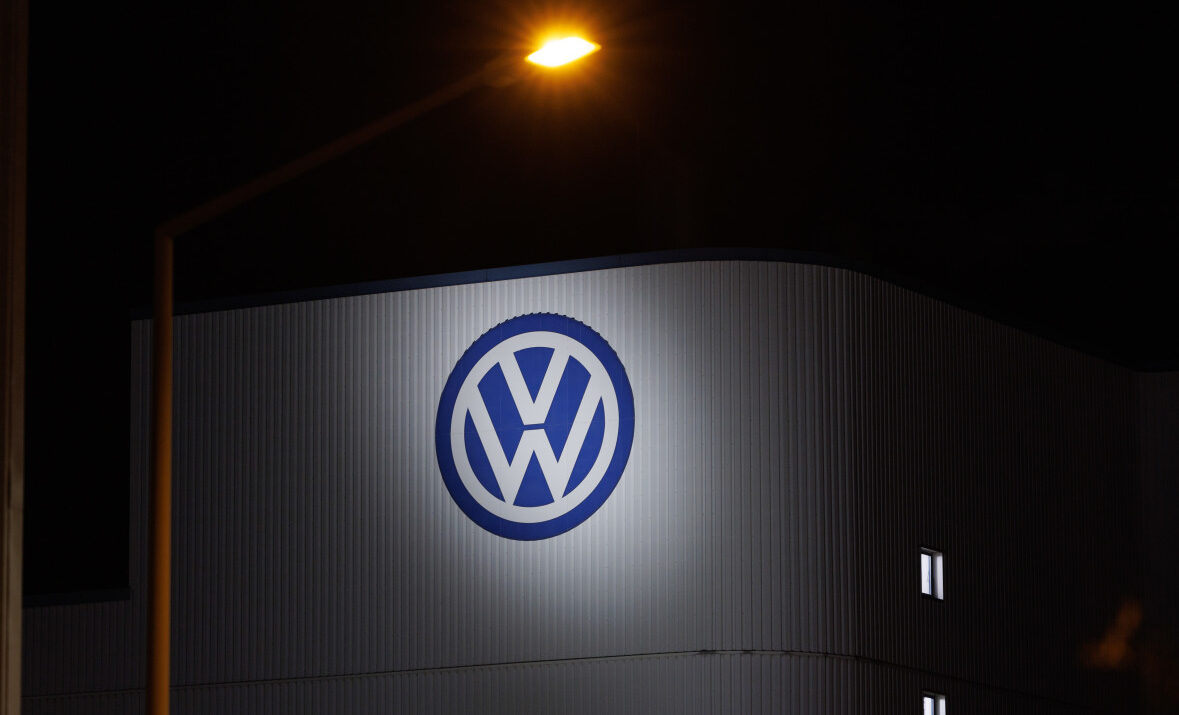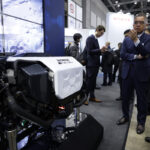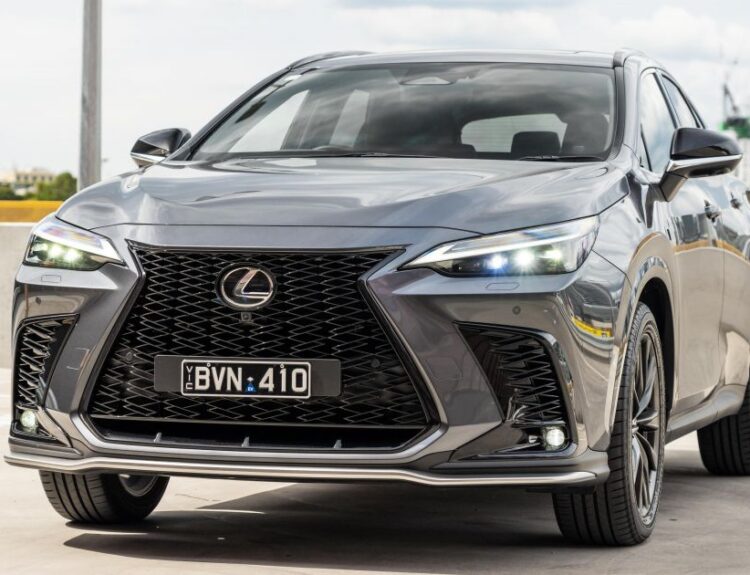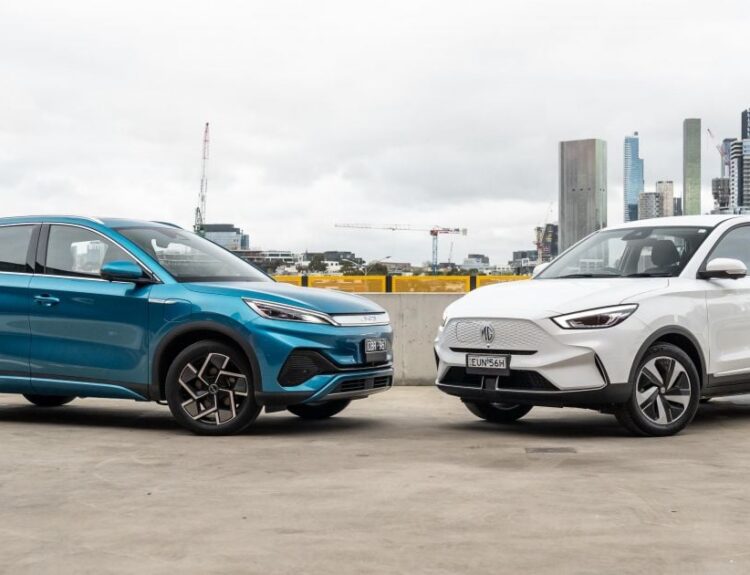Volkswagen AG has successfully finalized a crucial pact with its labor union, ensuring the continuity of operations at its ten factories in Germany while embarking on a rigorous cost-reduction strategy. Following three months of intense negotiations, confronted by the specter of strikes, this agreement not only guarantees job security until 2030 but also entails concessions from the union, such as workforce reductions and the abandonment of some bonuses, as noted by the works council on Friday.
This initiative targets an annual savings of €4 billion ($4.2 billion) through a planned decrease of technical production capacity by 750,000 units and the reduction of over 35,000 jobs within the next five years. Fortunately for labor, these measures are less draconian than the more aggressive cuts initially suggested by the automaker.
With this deal, CEO Oliver Blume gains a crucial opportunity to tackle rising challenges, including a declining market share in China and sluggish demand for electric vehicles in Europe and the United States. As Volkswagen’s stock has tumbled by 21% this year, the question remains whether this agreement will restore investor confidence; however, initial reactions indicate a modest increase of about 3% on news of the resolution.
### Rethinking Production to Enhance Efficiency
At the heart of this agreement is a reconfiguration of VW’s production lines. The Wolfsburg plant, the company’s flagship factory, will transfer the Golf hatchback production to Mexico while welcoming the new electric Golf, slated for release on a cutting-edge platform developed alongside Rivian Automotive in 2029.
The Zwickau EV plant will also undergo significant changes as it shifts the production of the ID.3 hatchback and ID.4 SUV to the Wolfsburg and Emden facilities. The Zwickau location will pivot to focus on assembling Audi’s Q4 e-tron and upcoming facelifted variants.
These strategic relocations are intended to enhance production efficiency while preserving Germany’s status as a critical manufacturing hub. A key provision in the deal stipulates a €1 billion payout to workers if job guarantees do not extend beyond 2030.
### A Turbulent Negotiation Period
The agreement culminates after three months marked by escalating tensions and organized worker strikes. In December, approximately 68,000 employees participated in walkouts at nine German plants, advocating for job security and equitable compensation, underscoring rising frustrations over VW’s proposals that included significant wage cuts and potential facility closures.
Union leader Thorsten Groeger had previously warned of possible indefinite strikes in 2025 should negotiations falter. The situation garnered attention from political leaders, including German Chancellor Olaf Scholz, who called for Volkswagen to avoid plant shutdowns amid a challenging overall economic climate in the country.
### Confronting Market Challenges
Volkswagen is making this critical agreement amidst a turbulent climate for the European automotive sector, characterized by rising energy costs, inflation, and declining consumer spending, which led to a 2% dip in car registrations in November, particularly affecting markets in France and Italy.
European consumers have exhibited hesitance towards high-priced electric vehicles from VW and Audi, further stifling market expansion. In addition, automakers face escalating penalties for not adhering to stricter emissions regulations that are set to take effect in the upcoming year.
Despite these considerable hurdles, German officials hope this VW agreement can reignite momentum in the stagnant economy. Robert Habeck, Germany’s Economy Minister, emphasized the need for collective efforts to enhance the automotive industry’s competitiveness while accelerating the transition to electric mobility, both crucial for sustaining value creation and employment in Germany and Europe.
### Labor Sacrifices for Future Certainty
In exchange for preserving operations within its German manufacturing base, VW’s workforce consented to forgo specific financial perks, enabling the company to negotiate a substantial curtailment in labor costs.
Chief Financial Officer Arno Antlitz expressed a cautiously optimistic view on the agreement, reiterating that it brings “much-needed cost relief.” He underscored the necessity for ongoing enhancements to efficiency within the German plants, a vital pivot as the company shifts towards electric vehicle production.
“This is just the beginning,” he remarked. “We must intensify our efforts to improve efficiency at our German facilities and streamline processes to ensure a successful transition towards electromobility.” This deal signifies an important step toward stability for VW’s domestic operations, although labor representatives have made it clear that their support hinges on the fulfillment of promises regarding sustainable production practices and job preservation.
### The Road Ahead for Volkswagen and its Competitors
Volkswagen’s challenges echo those experienced by other automotive giants navigating the evolving automotive landscape in Europe. Stellantis, a significant competitor, also faces a period of recovery following a tumultuous year marked by leadership challenges and operational obstacles.
As market pressures rise, automakers must tackle intensified competition from China while bracing for stricter European Union emissions regulations. For VW, the stakes are particularly pronounced as it seeks to retain its position as Europe’s preeminent car manufacturer amid complex market dynamics.
### Conclusion
Volkswagen’s new agreement with its labor union represents a crucial move toward safeguarding its manufacturing footprint in Germany and addressing broader challenges within the global automotive landscape.While the deal represents a temporary pause in pressure, substantial work remains for Volkswagen to restore investor faith and adapt to the shifting contours of the industry. The company has afforded itself a window of opportunity—but whether it can capitalize on this moment is yet to be determined.
Source:www.autoblog.com






